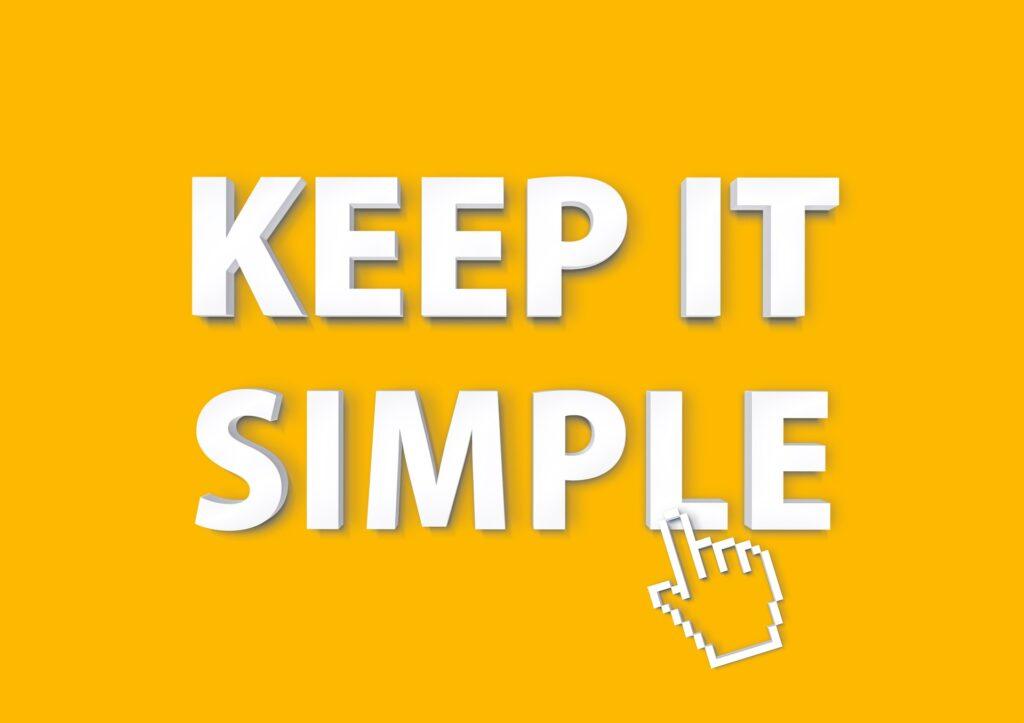
Weight loss is not a one-size-fits-all situation
It’s possible that not all regimens designed to help people lose weight will work for us. The most common form is discussed today, in which people try out different regimens and eventually settle on one that results in eating fewer calories than they need or are used to. Because of this, weight loss is challenging.
Since the 1990s, the market for products and services that help people lose weight has grown from a few hundred million dollars to billions. And, in truth, it all started right after the 1950s, when fat and cardiac disease were on the increase, and from that point on, everyone started searching for the best answer.

Weight loss and energy expenditure
All of us use a certain amount of energy every day just to keep ourselves alive. This figure takes on a different form in everyone’s head. A person’s age, gender, height, and weight all play a role, as do their levels of physical activity and the foods they eat. This is what we mean when we talk about our “basal metabolic rate” (BMR). Our resting metabolic rate (RMR) is the amount of energy we need to spend 24 hours in bed.
Our basal metabolic rate (BMR) shifts and varies in response to the food we consume. Metabolic acclimation is the name for this process. Through a process called metabolic adaptation, our bodies naturally tone down their metabolic rate. When our metabolism is slowed, our body may choose to retain excess energy rather than utilise it. It’s common for this to happen when our dietary intake is low.
This explains why going on a low-calorie diet and increasing physical activity levels often work the first time around but don’t always work the second or third time.

Why Weight Loss Isn’t Occurring on the Diet
Since many of our clients are in the same situation as you, our dietitians know that your body has probably adjusted to a low-calorie way of life. You won’t see much of a difference in your weight even with a low-calorie diet because your body is in energy conservation mode.
When traditional methods aren’t working to lose weight, metabolic tolerance is often to blame. Worry, the quantity and quality of sleep we get, inflammatory diseases, and specific chronic conditions can all have an impact on how quickly we lose weight. By regulating or decreasing these other factors, we can improve our weight loss potential.
So what’s next for you to do? After a metabolic adaptation, can your metabolism be increased? Fortunately, you can boost your metabolism if it has slowed down. We strongly advise you to make an appointment with one of our dietitians if you’re tired of failing diet after diet and want to see long-lasting effects. Our dietitians evaluate all relevant circumstances when crafting a suggestion that is tailored to your needs.
In addition to diet and exercise, there are other factors that can impact weight loss, such as stress, sleep, and medication use. High levels of stress can cause the body to produce more cortisol, a hormone that can increase appetite and lead to weight gain. Poor sleep can also make it hard to lose weight by throwing off the balance of hormones and making you eat more. Finally, some medications, such as antidepressants and corticosteroids, can cause weight gain as a side effect.
Ultimately, the key to successful weight loss is finding an approach that works for you. This may involve trying different diets, exercise routines, or other interventions until you find what works best for your body and lifestyle. Getting help from a registered dietitian or personal trainer can also help you come up with a personalised plan for losing weight. Remember that weight loss is a journey, and it may take time and persistence to achieve your goals. By focusing on healthy habits and making small, sustainable changes over time, you can achieve lasting weight loss and improve your overall health and well-being.






